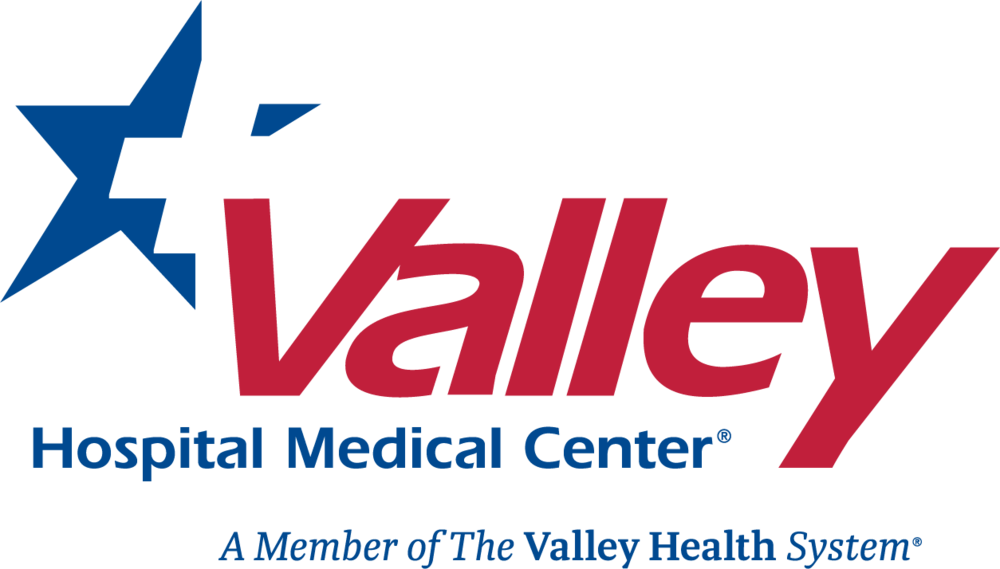After Heart Surgery
Once you leave your room, your family will be in the ICU/Surgical waiting room. Your surgeon will speak with your family when your surgery is over. All heart surgery patients are taken to the ICU right after surgery. There, you will be closely observed by a team of heart doctors and nurses who are experts in this kind of care.
Once you have been settled and your vital signs are stable, brief visits will be allowed. This can happen about one hour after you arrive in the unit. You may not recall this visit if you are still asleep or groggy. The nurses will give you a visiting schedule. Only immediate family members are allowed to visit, and only two people at a time.
Once in the unit, you will slowly wake up and become more aware of wires, tubes and lines. Don't be afraid-they help us take care of you. Each is described next so you understand its purpose.
Breathing Tube
After waking, you may first become aware of a tube in your throat. This is a breathing tube. It is attached to a machine called a ventilator. This machine will do the breathing for you until you are awake and strong enough to breathe on your own.
While this tube is in place, you will not be able to talk because the tube passes through your vocal cords. Your doctors and nurses will talk to you and ask questions. You can answer by shaking your head yes or no. You can also write on a notepad if you want to tell the nurse something.
The breathing tube is most often removed the day of surgery or early the next morning. Once the tube is removed you will be asked to talk.
Your voice may sound hoarse at first, but will improve over time.
You may receive oxygen through a facemask, and later by nasal prongs. Changes will be made when needed by watching your breathing pattern and pulse oximeter.
You will be asked to cough, deep-breathe, and use the incentive spirometer hourly. This helps to expand your lungs and assures that you are getting enough air into the lower part of your lungs. You will be given a small pillow to support your chest when you cough. Pain medications will be ordered for you. You are urged to take them so you can cough and deep-breathe better. It is very important that you do these things to help speed your progress.
Gastric Tube
A small tube is placed from your mouth or nose into your stomach to keep the stomach empty of air and fluid. This helps prevent risk of vomiting. This tube is taken out when the breathing tube is removed. You will then be able to take ice chips and liquids by mouth, and your diet will slowly return to normal. It is quite common to feel very hungry. Eat what you can as long as you are not sick to your stomach. You will also be very thirsty and restricted by your physician on amounts of fluid for a few days.
Heart Monitor
Your heart rate, heart rhythm, blood pressure, and heart pressures are displayed on the bedside screen. These "waveforms" give the heart team vital data about your heart and blood stream. The heart rate and rhythm are obtained through pads placed on the skin. Your blood pressure is obtained through a small tube placed in a blood vessel in your wrist. This tube, or arterial line, is also used to withdraw blood samples so you won't need blood drawn from your veins. The heart pressures are obtained through a small yellow tube placed into a vein of your neck. In most cases, all tubes are removed in 24 to 48 hours.
Chest Tubes/Pacemaker Wires
It is normal to have chest drainage tubes placed during your surgery. The chest tubes allow blood and fluid that form inside our chest to drain out. Usually the tubes are removed the first or second day after surgery.
Temporary pacemakers are placed in all patients. They serve as a backup to assist the heart rhythm if needed. The wires will be covered by a bandage and should not get wet. They will be removed within three to four days.
Intravenous/Bladder Tube
Intravenous (IV) lines allow us to give you fluids and medications after surgery. The bladder tube drains urine and allows us to watch your fluid balance and kidney function. This tube remains in place for one or two days, after which you should be able to walk to the bathroom. The nurses need to measure your fluid output, so they will give you a container to collect your urine after the tube is removed.
Although you will have a number of tubes and lines after surgery, they are only temporary. Each one is removed as soon as possible, many of them within a day or two. They may seem awkward while in place, but they will cause little or no pain.
Progress After Surgery
Most patients remain in the Intensive Care Unit for one to two days. You will usually be allowed to move to a chair with help the day after surgery. When doctors feel you are ready, you will be moved to a telemetry unit. On this unit your heart rhythm will be monitored by a small box-like device that transmits your heart rhythm to a screen.
The nursing team will be watching your progress. You will be urged to begin small tasks with help at first. These include coughing and deep breathing, eating, getting out of bed, walking in the hallway, and bathing. By the third or fourth day after surgery, you should be able to carry out these tasks by yourself.
Once you start to become more active, you will probably feel some pain or discomfort around the area of the incision. This pain is due to the spreading of your breastbone, muscles, and ligaments during surgery. As you heal the soreness will gradually go away, but it may take many weeks. Let your nurse know if you are having pain and request pain pills when you need them.
Throughout your stay, your will get stronger and be able to walk in the hall at least three times a day.
Your nurses will explain in more detail what you can expect after surgery and prepare for your return home. You and your family will be taught things you need to know before discharge. We ask you to save and share with your family any booklets given to you about your care. You can consult with a dietician or social worker if you need to. You will stay on the telemetry unit until you are discharged from the hospital. Plans for discharge are discussed with your surgeon, cardiologist, and other health team members. In most cases, discharge occurs four or five days after surgery.
After you are discharged from the hospital, it is important to make an appointment with your family doctor, the cardiologist, and your heart surgeon for follow-up care. But remember, the heart team at Valley Hospital Medical Center is always available to answer any questions you may have in the meantime. Before you leave for home, your surgeon or cardiovascular nurse will give you a number to call with any questions or concerns.

